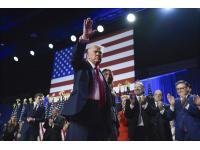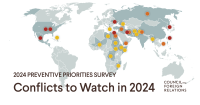Global political alliances are critical frameworks that shape international relations, wield significant influence on geopolitical landscapes, and impact global policies. In this blog, we embark on an exploration of these alliances, unraveling their complexities, assessing their influence, and understanding their implications on the world stage.

Understanding Global Political Alliances
1. Definition and Function
Global political alliances are formal or informal agreements between nations or international organizations formed to pursue common goals, ranging from economic cooperation to security and diplomacy.
2. Types of Alliances
Alliances vary in nature, from bilateral agreements between two countries to multilateral organizations encompassing multiple nations with shared interests and objectives.
Key Global Political Alliances
1. NATO (North Atlantic Treaty Organization)
Formed after World War II, NATO remains a prominent military alliance committed to collective defense among its member states, promoting stability in the North Atlantic region.
2. European Union (EU)
The EU represents a unique economic and political alliance, fostering cooperation among European countries in various domains, including trade, governance, and security.
3. United Nations (UN)
As a global organization, the UN serves as a platform for diplomatic dialogue and collaboration, addressing global challenges such as peacekeeping, humanitarian aid, and sustainable development.
Influence of Global Political Alliances
1. Geopolitical Stability
Alliances contribute to geopolitical stability by fostering cooperation, preventing conflicts, and providing a platform for diplomatic negotiations and conflict resolution.
2. Economic Impact
Economic alliances promote trade agreements, market integration, and economic cooperation, influencing global trade policies and financial stability.
3. Diplomatic and Military Influence
Military alliances enhance collective security and deterrence, influencing diplomatic strategies and negotiations on international security issues.
Challenges and Dynamics Within Alliances
1. Diverging Interests
Member states within alliances may have divergent interests, leading to challenges in consensus-building and decision-making on critical issues.
2. Power Dynamics
Power imbalances among member states can affect the functioning of alliances, with larger or more influential nations often dominating decision-making processes.
Conclusion
Global political alliances represent intricate webs of cooperation, influencing international relations and shaping global policies. Their influence spans across geopolitical, economic, and security domains, fostering stability while facing challenges arising from diverse interests and power dynamics among member states.







